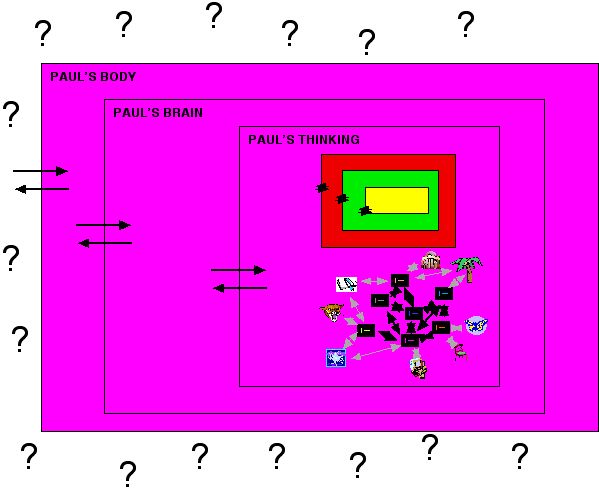The truth about stories is that that's all we are. The Nigerian story-teller Ben Okri says that "... here is a possible heresy: we live by stories, we also live in them. One way or another we are living the stories that are planted in us early or along the way, or we are also living the stories we planted -- knowingly or unknowingly -- in ourselves. We live stories that either give our lives meaning or negate it with meaninglessness. If we change the stories we live by, quite possibly we change our lives." (Thomas Young, The Truth About Stories: A Native Narrative, 2005)
An interesting issue came up in my college seminar course today. Supposing one accepts that absolute "objectivity" is not achievable, ie that all understandings are "stories" that inevitably have a personal context dependence (some "subjectivity") to them. And one notices that many people are more attracted to stories with a personal element to them than they are to the "dry" stories told by scientists/academics. If absolute objectivity is unachievable, is there any rationale for putting up with (even aspiring) to "dryness", ie for preferring more objective stories to less objective things? for teaching students the virtues of trying to be more "objective"? ... College Seminar 2007
The brain ... and philosophy of science

Re-uniting mind and body
Acknowledging inherent inescapable subjectivity
Finding opening for new "intellectual life," educational directions
Empirical non-foundationalism